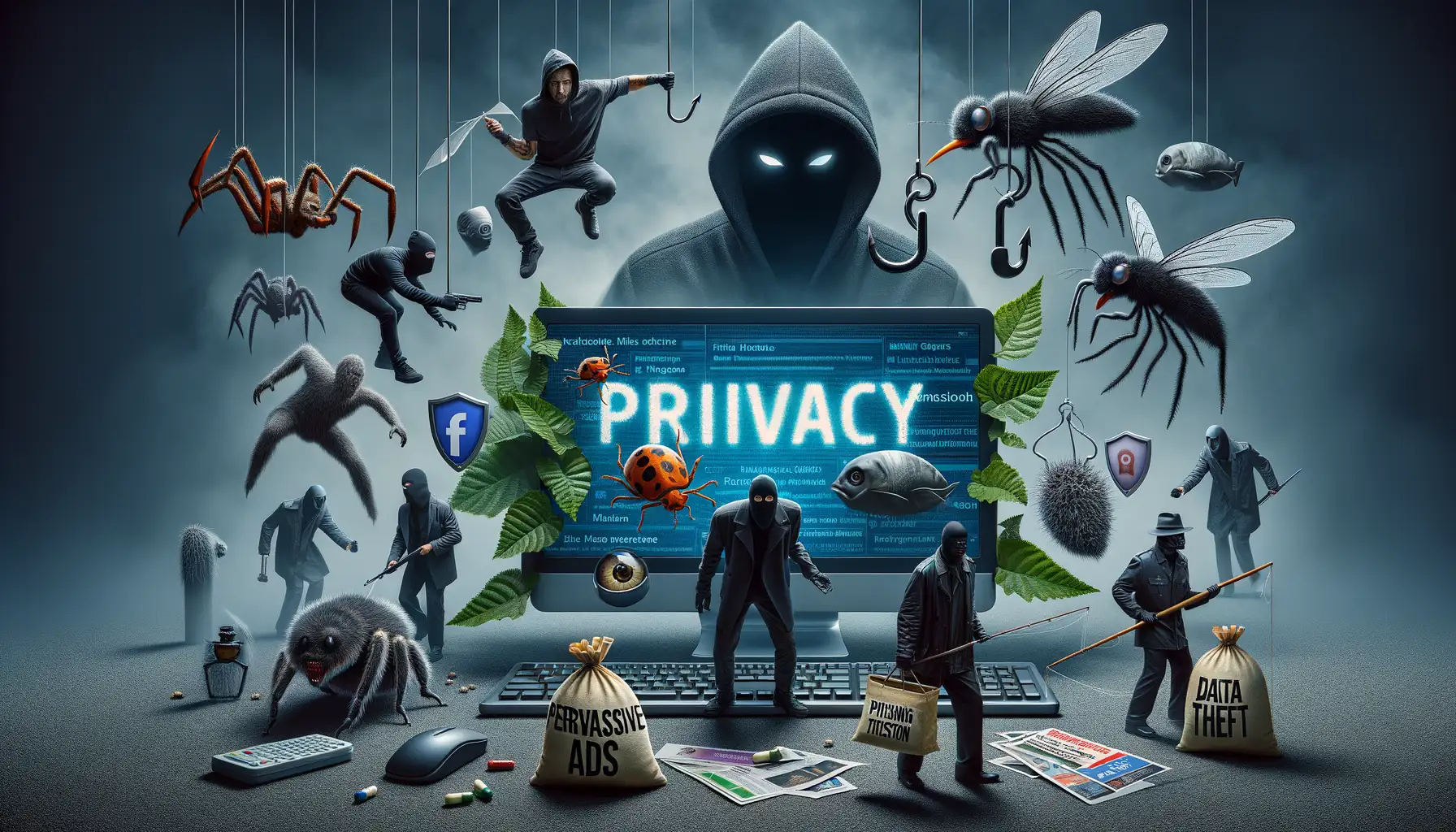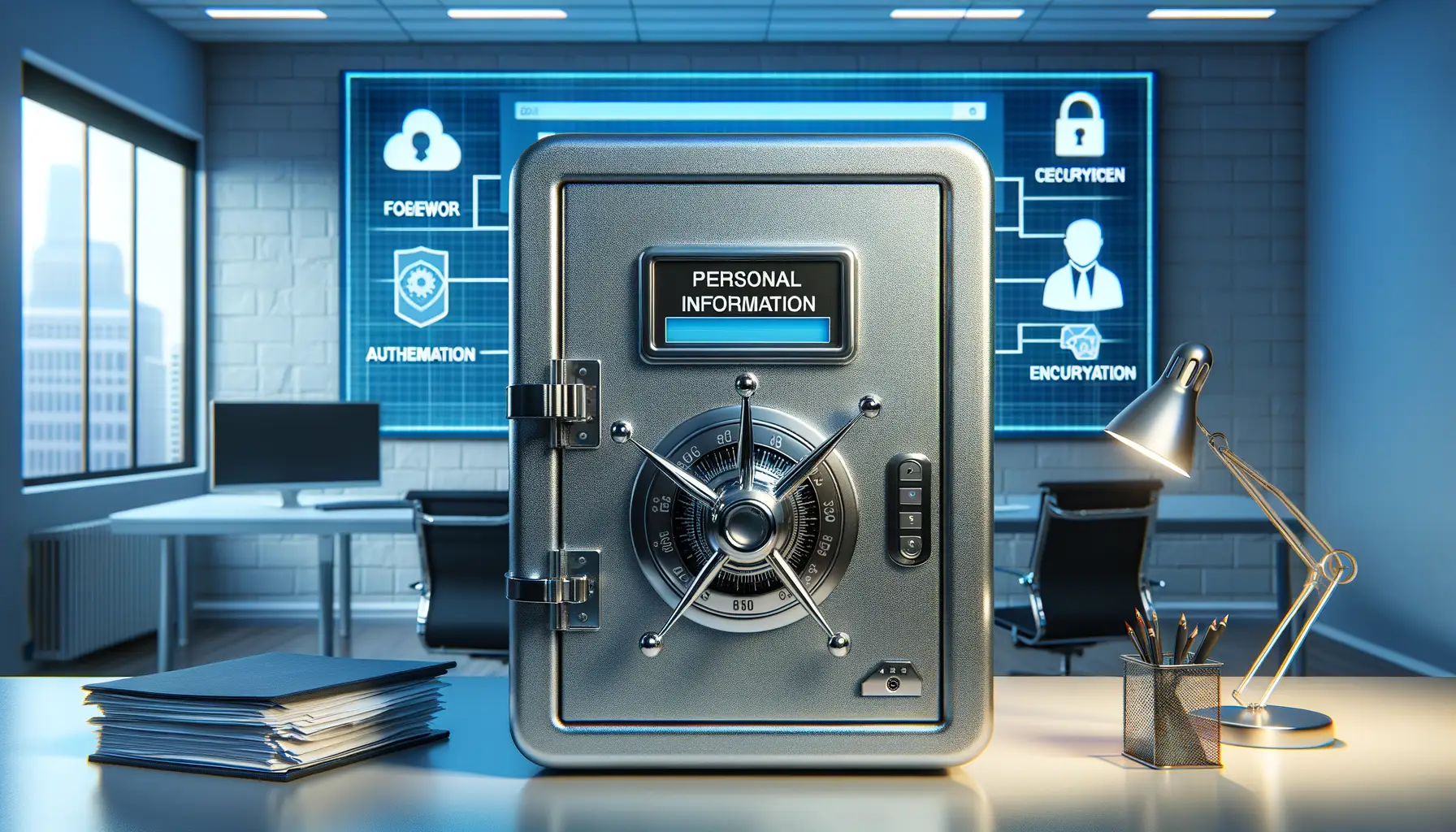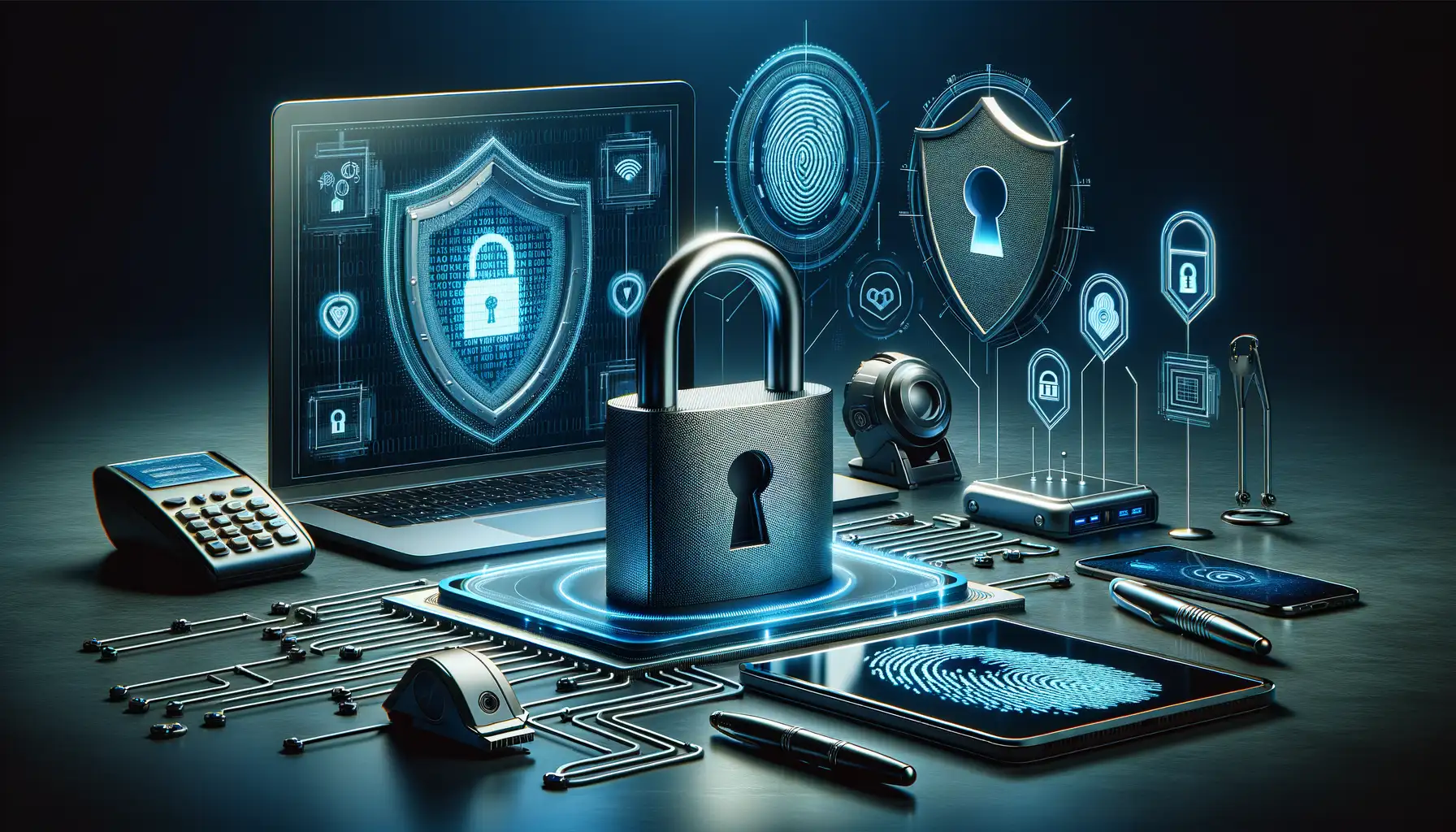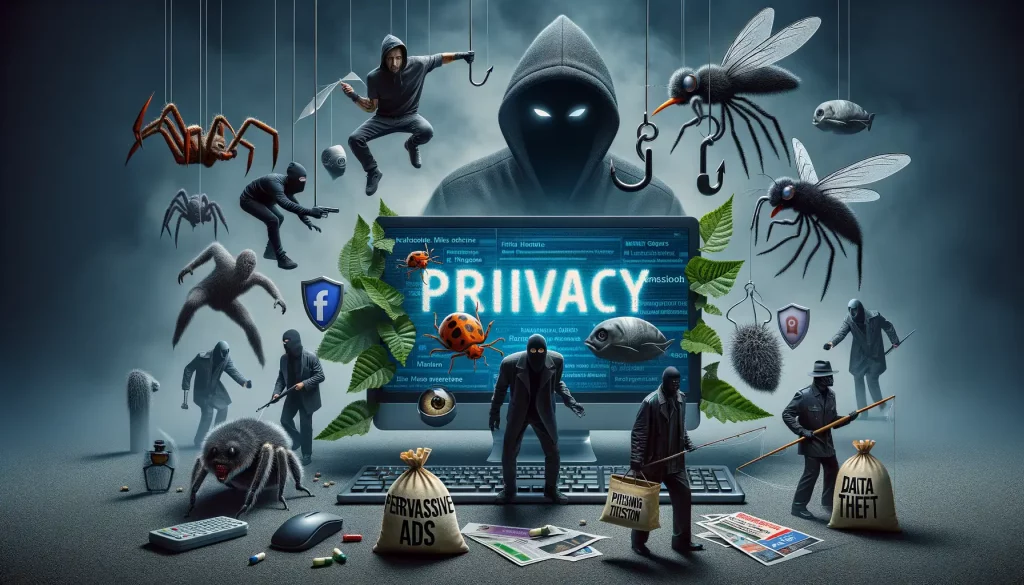Understanding the Importance of Personal Data Protection
Why Your Data is More Precious Than Gold
Imagine this: your personal information—birthdate, passwords, credit card details—isn’t just a series of numbers and letters. It’s the digital equivalent of treasures locked away in a chest. But here’s the twist: instead of pirates with eye patches coming after it, it’s hackers, marketers, and even companies competing for a piece of *you*. Think about it—how much would you pay to protect your secrets? Your data isn’t just valuable, it’s priceless.
Here’s why safeguarding it matters. Every time you shop online, sign up for a newsletter, or even scroll through social media, you’re leaving behind breadcrumbs of information. Who you are. What you love. Maybe even where you live. If this lands in the wrong hands, the consequences aren’t just inconvenient; they can be devastating. Fraudulent loans taken out in your name. Accounts drained dry. Or worse, someone impersonating you online—stealing not just your money, but your reputation.
When your data is safe, you’re not just protecting numbers on a screen; you’re protecting *peace of mind*.
Common Threats to Your Online Privacy

Invisible Dangers in the Digital Jungle
Picture this: you’re casually scrolling through your social feed or shopping for a new pair of headphones, completely unaware that behind the scenes, your personal data is being sliced, diced, and sold like hotcakes. Welcome to the chaotic world of online threats where your privacy is constantly on the chopping block.
Let’s talk about some of the sneakiest culprits:
- Phishing scams: Ever clicked on a too-good-to-be-true email or link? Cybercriminals are experts at masquerading as trusted companies to steal your login credentials or financial info.
- Public Wi-Fi traps: Remember the free Wi-Fi you connected to at the café? Bad actors can use those unsecured networks to eavesdrop on your activity and siphon off sensitive data.
- Tracking cookies: Not the sweet kind! These little pieces of code follow your every move online, creating a detailed map of your likes, habits, and even weaknesses.
The Alarming Rise of “Data Harvesters”
Ever heard of a “data harvester”? This isn’t your friendly neighborhood gardener, but rather shady companies and hackers who hoard mountains of your personal information. It’s not just about names and addresses anymore—these bad actors crave your search habits, shopping tendencies, even your location history.
The stakes? Picture a stranger knowing more about your life than your best friend—unnerving, isn’t it? And if this treasure trove of data gets leaked or sold, welcome to the wild west of spam calls, identity theft, and targeted scams.
Staying vigilant isn’t optional; it’s your defense against becoming just another faceless victim of the digital age.
Step-by-Step Guide to Securing Your Personal Information

Locking Down Your Digital Doors
Imagine leaving your home door wide open with a sign saying, “Valuables inside—grab what you like!” That’s essentially what happens when we neglect securing personal data online. The good news? You can slam those digital doors shut with just a few simple steps.
Here’s how to start:
- Password Power: Treat your passwords like keys to a vault. Forget “123456” or “password.” Choose long, unique combinations using upper and lowercase letters, numbers, and symbols. A password manager can be your secret weapon here.
- Two-Factor Authentication (2FA): It’s like having a double lock. Even if someone sneaks past your password, they hit another wall, requiring proof—like a texted code or biometric scan.
Tidy Up Your Virtual Footprint
Do you really need all those accounts from the early 2010s? Probably not. Delete unused accounts; they’re digital deadweight, often forgotten but potentially exploited. And as for social media—rethink oversharing. Every vacation post screams, “Nobody’s home!”
Lastly, update software consistently. Hackers love loopholes in outdated systems. Think of updates like patching up leaks in a sinking ship—they’re lifesavers!
Tools and Technologies for Enhanced Data Protection

Must-Have Tools for Locking Down Your Data
Picture your personal data like a treasure chest. Without the right tools, it’s like leaving that chest open, unguarded, on a busy street. But don’t worry—there are powerful tools ready to help you bolt that chest shut!
Start with a password manager. Think of it as the keymaster for all your treasures. It not only stores strong, unique passwords but also generates new ones so no cyber pirate can guess them. Some great options include LastPass, Dashlane, or 1Password.
Then, there’s the superhero of data protection: VPNs (Virtual Private Networks). These handy tools create an encrypted tunnel for all your online activity, shielding you from prying eyes, especially on public Wi-Fi. ExpressVPN and NordVPN lead the charge here.
Antivirus software is your ultimate guard dog, sniffing out and blocking malicious attacks before they can even get close to your data. Windows Defender, Norton, or Bitdefender offer robust protection.
And if you’re looking to keep track of who’s eyeing your treasure, privacy-focused browser extensions, like Privacy Badger or Ghostery, can block sneaky trackers from following your every click.
Technologies to Stay Ahead in the Game
Emerging technologies are stepping in to level up the fight against breaches. Here’s a quick snapshot of what’s available:
- Two-Factor Authentication (2FA): A double-lock mechanism requiring a second form of verification, like a code sent to your phone, to log in.
- Biometric Security: Think fingerprint readers or facial recognition on your devices. A hacker can’t imitate your face (yet).
- Encrypted Messaging Apps: Apps like Signal or WhatsApp ensure your private conversations stay just that—private.
These aren’t just tools—they’re your digital bodyguards in a world full of cyber threats. Equip yourself wisely!
Developing Safe Online Habits

Small Choices, Big Impact
Your online habits are like your morning coffee routine—seemingly small, but they set the tone for everything else. Do you log in to public Wi-Fi without a second thought? Or use the same password for your email and online shopping accounts? These tiny steps can snowball into serious risks. But guess what? Changing those habits doesn’t have to feel like scaling Mount Everest.
Start with manageable tweaks:
- Create strong, unique passwords for each account. A password manager can help if your brain isn’t built to remember 17 combinations of letters, numbers, and symbols.
- Think before you click. Those “urgent” emails claiming you’ve won a free vacation? They’re probably as real as unicorns.
- Stop oversharing on social media. Does the world really need to know where you’re having brunch this Sunday?
The Power of Saying “No”
Every time a website asks for unnecessary access to your location or contact list, consider it a pushy salesperson at your door. You don’t have to say yes! Decline permissions wherever possible and revoke access from apps you no longer use. It’s like spring cleaning for your digital life, and trust me, it feels amazing.
Keep in mind: safe habits aren’t restrictive—they’re empowering. By practicing diligence, you’re building a fortress around what matters most: your privacy.





